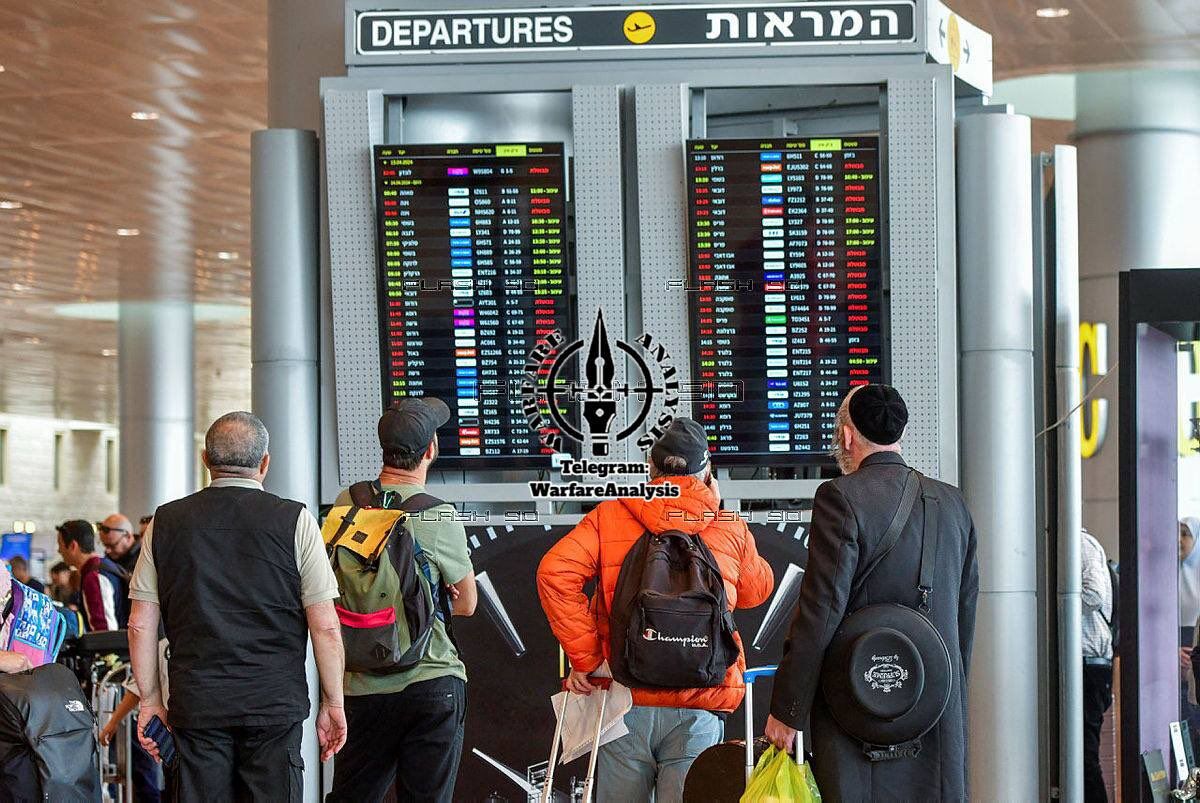Houthis Vow to Respond to Israeli Attacks on Al Hudaydah
The Yemeni Houthi Ansar Allah group, Saturday, vowed to respond to the Israeli airstrikes on the western part of the country.
The Israeli attack on Al Hudaydah “aims to exacerbate the suffering of the people and pressure Yemen to stop supporting Gaza,” Mohammed Abulsalam, the Houthi spokesman, said in a post on X according to Anadolu.
“We affirm that this brutal aggression will only increase the determination and steadfastness of the Yemeni people and their brave armed forces, continuing and escalating their support for Gaza,” added the spokesman.
Member of the Houthi Political Council Mohammed al-Houthi threatened his group would “plague” Israel as a response to the attacks on Port of Al Hudaydah.
The Houthi-affiliated Al-Masirah satellite channel reported casualties from the Israeli airstrikes on the coastal side of Yemen.
The strikes targeted oil storage facilities at the Al Hudaydah port, as well as a power plant that provides electricity to the western governorate.
In an official statement, the Israeli military confirmed attacking targets in Yemen, claiming they are linked to the Houthis.
This is the first direct Israeli response to the recent Houthi Yafa drone attack on Tel Aviv, Friday, that killed an ex-Israeli soldier and wounded at least 10 others.
The Israeli attacks against Al Hudaydah are as seen as historic, made for the first time by Israeli warplanes, traveling all the way from Tel Aviv to the Yemeni Port down the Red Sea, just before the Bab Al Mandeb Straits.
The Israeli attack made with the knowledged of the USA which subsequentely denied taking part in the raid was carried out by 20 Israeli jets which had to be refueled in mid-air because of the 1700 kilometer distance to Hudaydah according to the Israel Hayoum website.
The Houthis have been targeting ships that are Israeli-owned, flagged, operated, or headed to Israeli ports on the Red Sea and the Gulf of Aden with missiles and drones in solidarity with Gaza, which has been under a devastating Israeli onslaught since 7 October last year, the Turkish news agency reported.










